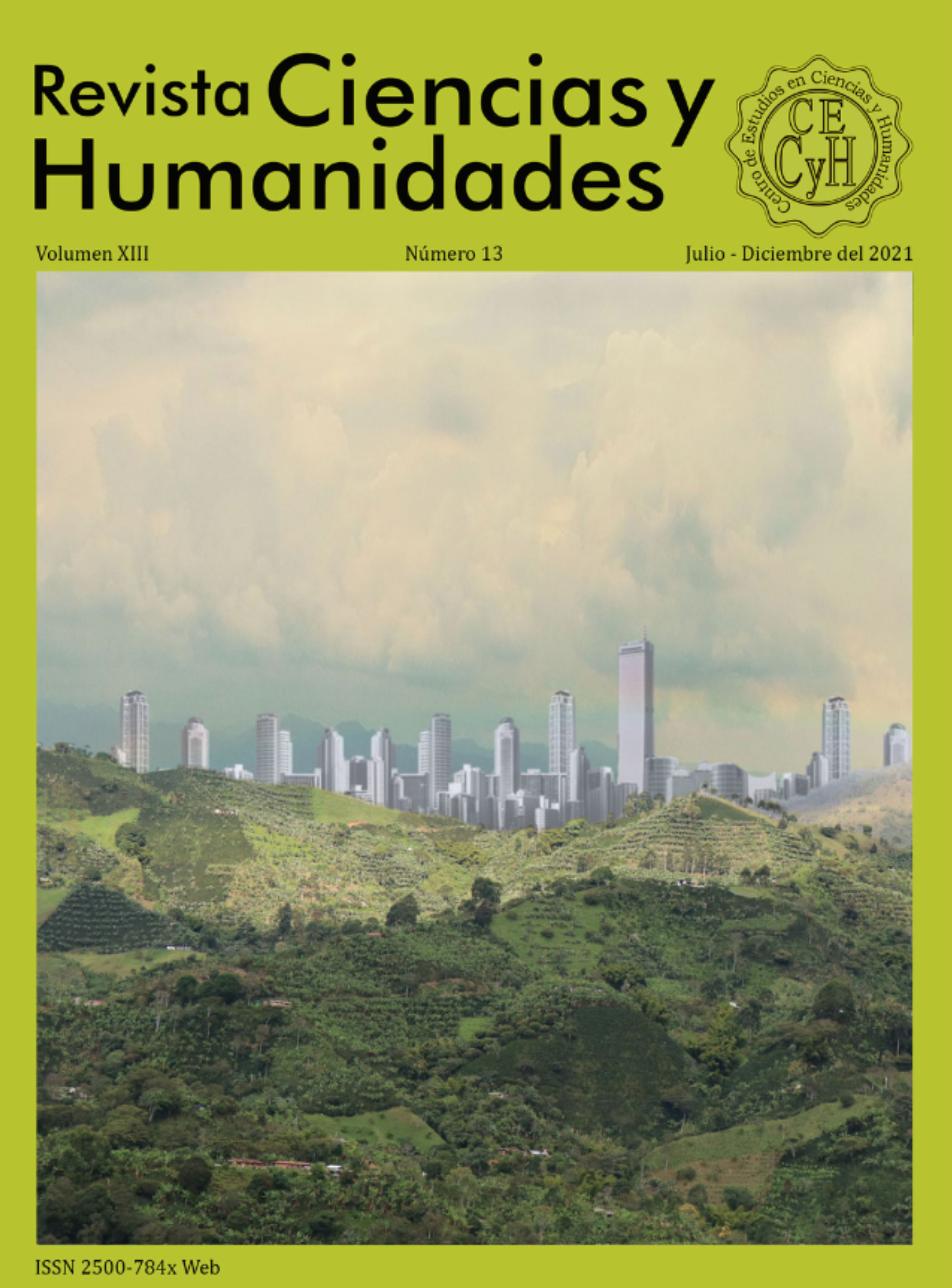The para-epistemic form of aesthetic judgment in Kant
DOI:
https://doi.org/10.61497/6bareb61Keywords:
state racism, sexual violence, politics of forgiveness, networks of power, genocideAbstract
This article explores the international “politics of forgiveness” that were employed to prosecute those responsible for the crime of sexual violence and domestic slavery committed against fifteen Q’eqchi women in the Sepur Zarco, military headquarter during the Efraín Ríos Montt regime (1982-1983). We analyze methodology and theories put forth by political scientist Marta Elena Casaús Arzú, with the goal of establishing an international juridical discourse as matter of legal expertise regarding the themes of Genocide and racism of State. We are interested in identifying some global actors participating repairing the psychological and material harm inflicted upon victims affected by contra-insurgency actions against those in popular social and indigenous movements, during the process of institutional democratization (From 1986). Finally, we contextualize the politics of “international solidarity” and the reaffirmation of a human rights culture as part of global transitional justice process regarding sexual violence against indigenous women.
Downloads
Published
Issue
Section
License
Copyright (c) 2024 Roque Urbieta Hernández (Autor/a)

This work is licensed under a Creative Commons Attribution-NonCommercial-NoDerivatives 4.0 International License.
Los artículos publicados en esta revista están bajo una licencia Creative Commons Atribución-No Comercial 4.0 Internacional (CC BY-NC-ND 4.0 ). Esto significa que los autores conservan sus derechos de autor y permiten que otros compartan y distribuyan el contenido con el debido reconocimiento, pero sin fines comerciales. No se permite la creación de obras derivadas a partir de este contenido.
Revista Ciencias y Humanidades © 2015 by Centro de Estudios en Ciencias y Humanidades del Instituto Jorge Robledo is licensed under CC BY-NC-ND 4.0











